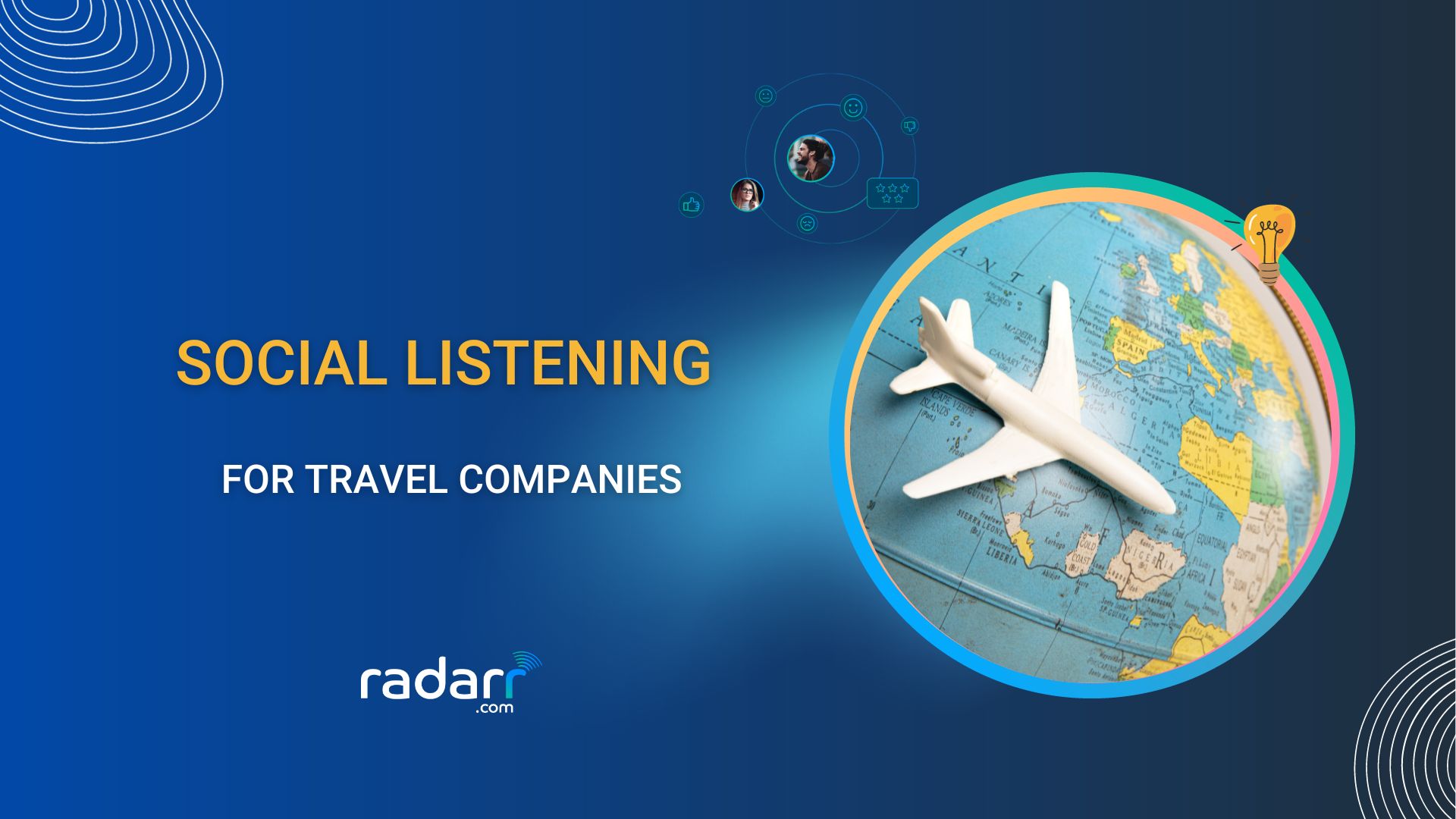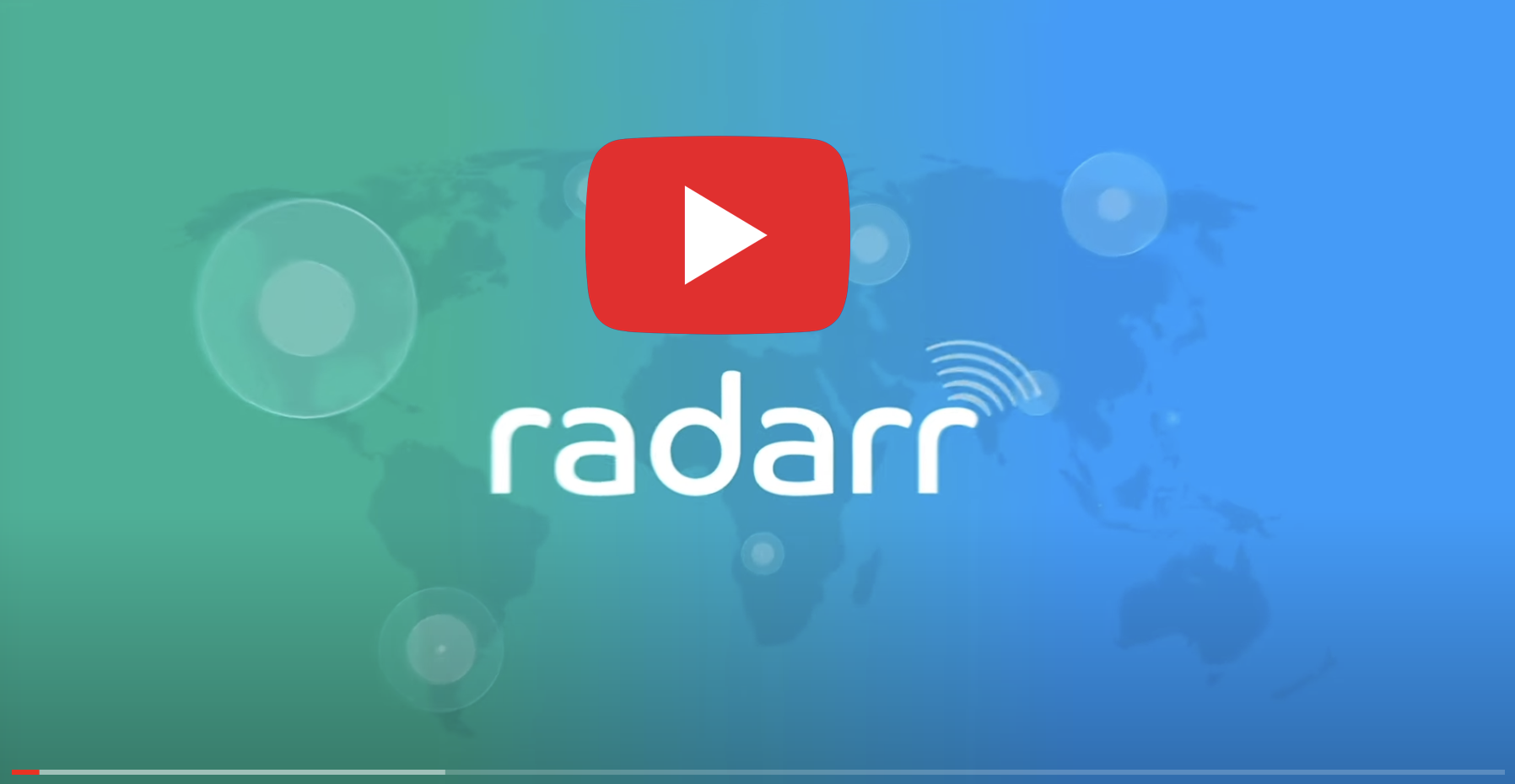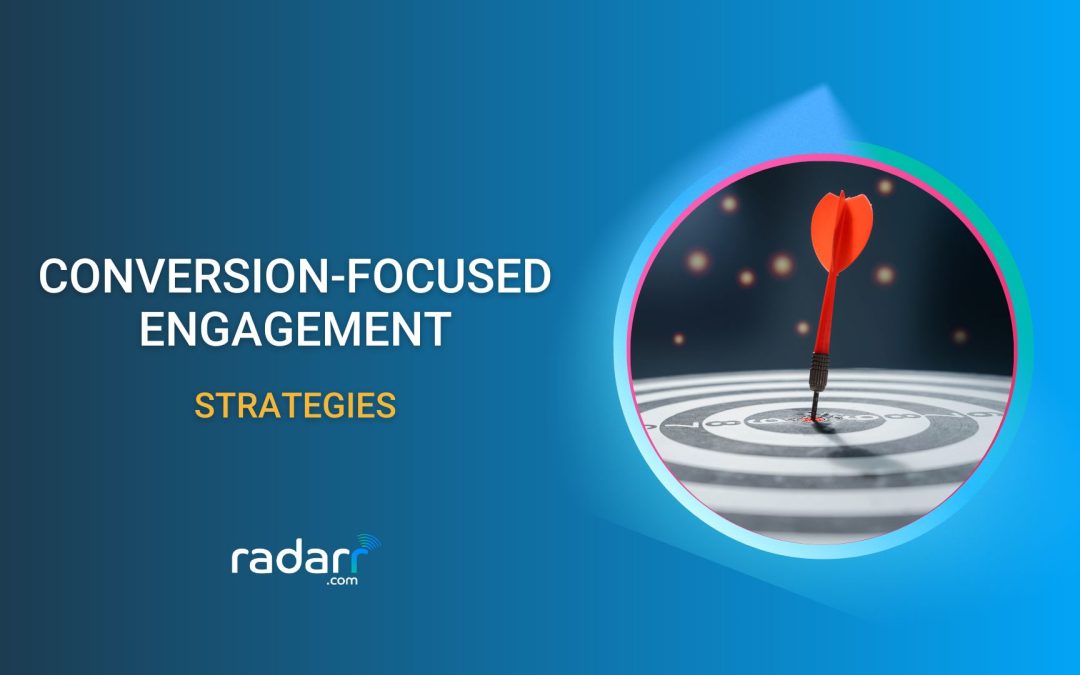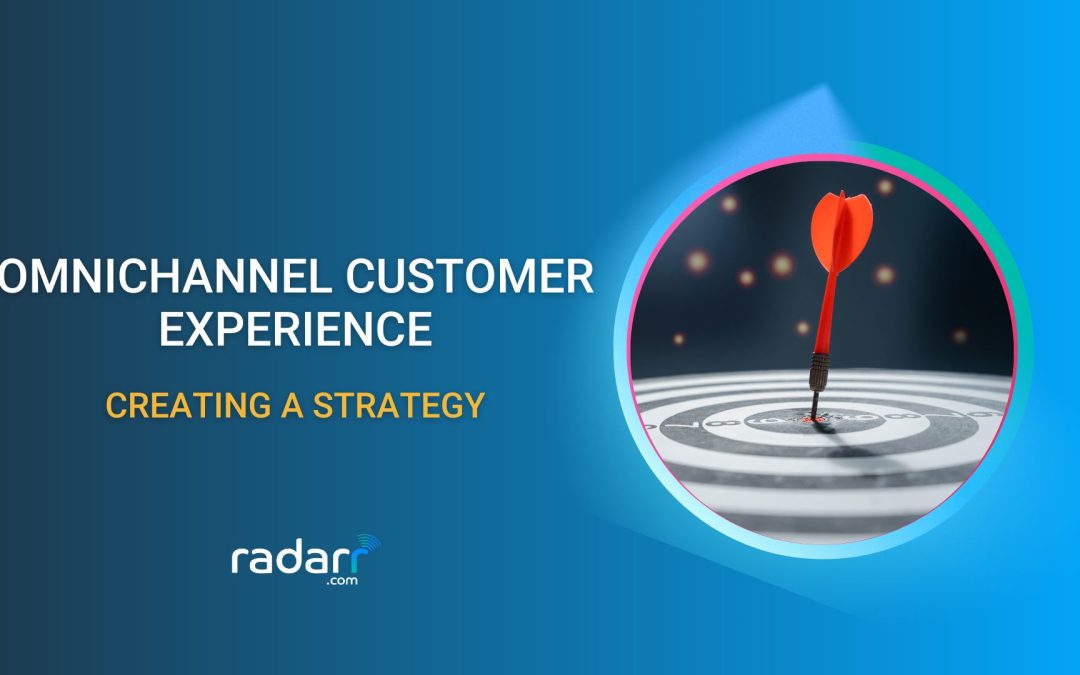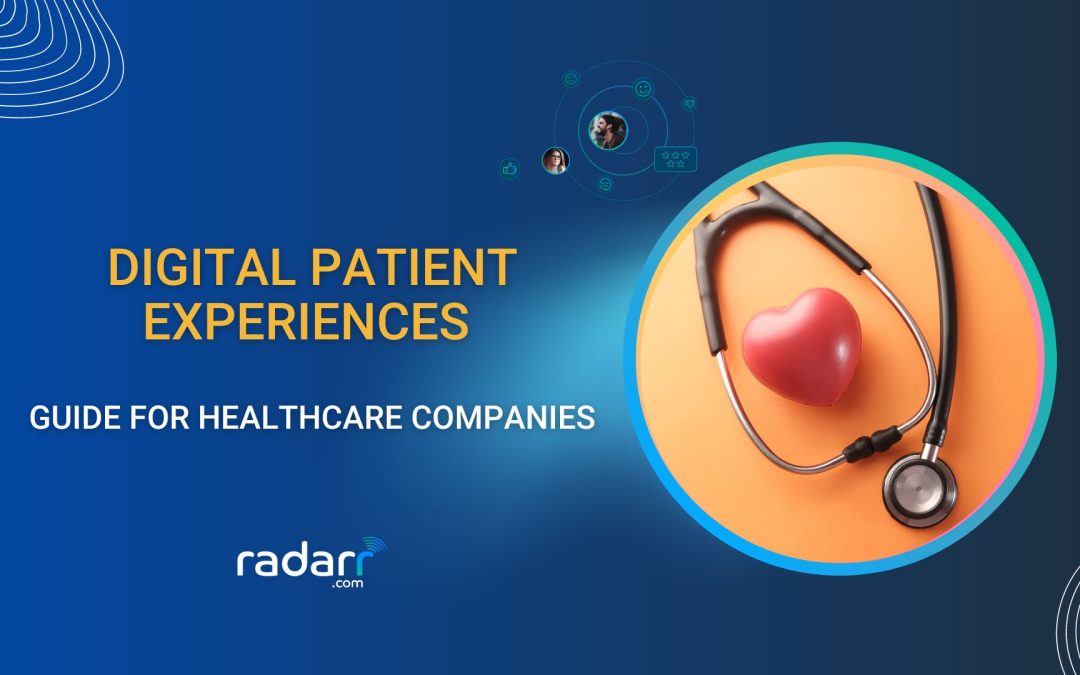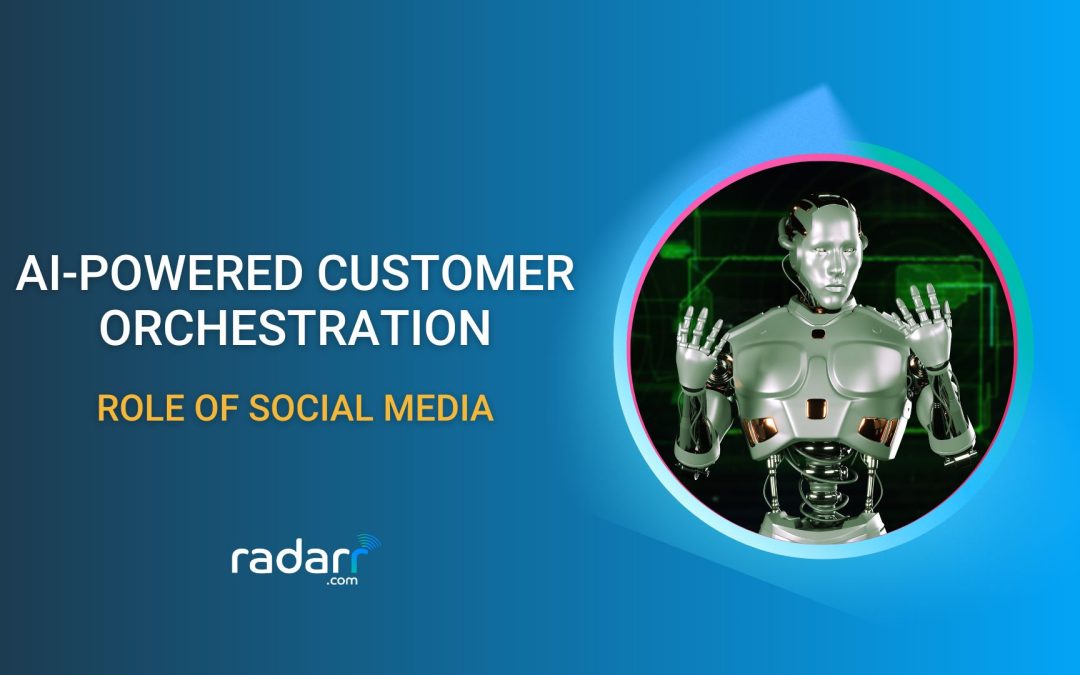With the post-pandemic world coming to normalcy, revenge travel is more than a social term.
No matter how short the weekend, whether for personal or professional purposes, we are all traveling like never before to catch up with the time lost sitting in our homes.
In fact, leisure travel has been seeing one of the fastest growth across the industry.
But with how social media is influencing leisure travel, it is becoming a must for businesses to stay on top of the ever-changing trends and preferences.
Now according to a study, consumers rely on the internet and social media to plan vacations and other activities. But with so many social media platforms to keep a watch on, this is easier said than done and tracking vast amounts of data manually is next to impossible.
That’s where social listening with platforms like Radarr comes into play.
How can the travel industry use Radarr for social listening
Using Radarr, brands in the travel industry can keep track of mentions, keywords, and other pertinent information on social media platforms to learn more about consumer preferences in their industry.
In fact, brands can also keep track of their own growth and reputation, benchmarked against key competitors in real-time.
Here’s how:
1. Monitor brand reputation
Customers base their decisions on where to spend their money on the information they find online and through social media. One negative review might significantly impact a customer’s choice, causing them to look at alternative brands.
Using our platform, you can be alerted in real-time of any negative brand reviews and quickly take action to lessen the impact and, in some circumstances, change your thinking for the better. Radarr can also assist you in keeping track of customer satisfaction.
Sentiment Analysis of a Brand
2. Identify emerging trends
Businesses in travel companies can also benefit from social listening for spotting new trends. Businesses can stay on top of the latest trends and provide clients with new and innovative products and services by watching social media platforms for mentions of new holiday spots, activities, or experiences.
3. Track competitor activity
You may miss out on opportunities if you don’t include social listening in your competitor analysis approach. Using social listening to watch the competition can be very effective.
Travel companies can learn about their competitors’ strengths and weaknesses by keeping track of mentions of them. Companies can use this information to stay competitive by creating more effective marketing and sales strategies.
They can also use social listening insights to highlight the mistakes they need to avoid and find opportunities to build a more positive brand reputation.
Share of Voice for Competitor brands
4. Understanding customer preferences
Travel companies can better understand their consumers’ preferences thanks to social listening, one of its main advantages. By watching social media sites, travel agencies can learn more about the places, events, and most popular activities with their target market. Then, based on this data, marketing campaigns, and product lines can be modified to meet consumer needs better.
5. Identify the most effective influencers
Build relationships with influencers supporting your brand and products by using social listening to find them. Influencers can effectively raise brand awareness for marketers who can find the right balance between content and engagement. Consumers will turn to brands they trust and remember when they want to make a purchase when they match their brands with the right influencers.
Top Influencer
6. Enhancing customer service
Customer service can be improved by social listening. Travel companies can quickly respond to customer inquiries, complaints, or feedback. This can help build brand loyalty and improve customer satisfaction.
Customer support feedbacks from consumers
7. Crisis management improvement
Last but not least, social listening is a powerful tool for crisis management. Travel companies can quickly address potential problems and stop them from getting worse by watching reports of crises on social media channels. This can help businesses protect their reputation and minimize the impact of any adverse events.
Wrap up
In conclusion, social listening is becoming a vital tool for the travel industry. Travel companies can learn a lot about their customers’ tastes, requirements, and feedback by keeping an eye on internet conversations. This enables them to improve their services and marketing plans accordingly, increasing customer loyalty and satisfaction.
Ultimately, embracing social listening can give travel businesses a competitive edge in an ever-changing market.
To know more, book a demo of Radarr today.
About the author
This article is written by Deepthi B R, the Data Annotator at Radarr Technologies.

